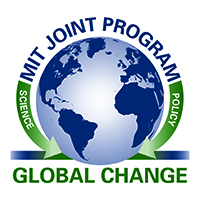
U.S. greenhouse gas emissions could grow more quickly in the next 50 years than in the previous half-century, even with technological advances and current energy-saving efforts, according to a new study on The Implications of the Historical Decline in U.S. Energy Intensity for Long-Run CO2 Emission Projections, by MIT Global Change Joint Program authors Professors Richard Eckaus and Ian Sue Wing.
What's more, technology itself may be more the stuff that dreams are made on than the most available tool for reducing CO2 emissions or solving the global energy crisis, cautions Eckaus.
"There is no a priori reason to think technology has the potential for reducing energy use while meeting the tests of economics. It's politically unappetizing in the U.S., but in Europe, gas costs six dollars a gallon. Make energy more expensive: People will use less of it," Eckaus says.
And in a new paper on a related topic, Unemployment Effects of Climate Policy, Eckaus and Joint Program co-author Mustafa H. Babiker model the negative effects on labor employment of policies to limit greenhouse gas emissions. They then propose economic policies to counteract these effects.
"Climate change is a social and economic problem. If society wants to do something about it, it will have to bear the cost. It won't be free. It's an unprecedented social problem that requires a social response," Eckaus says.

